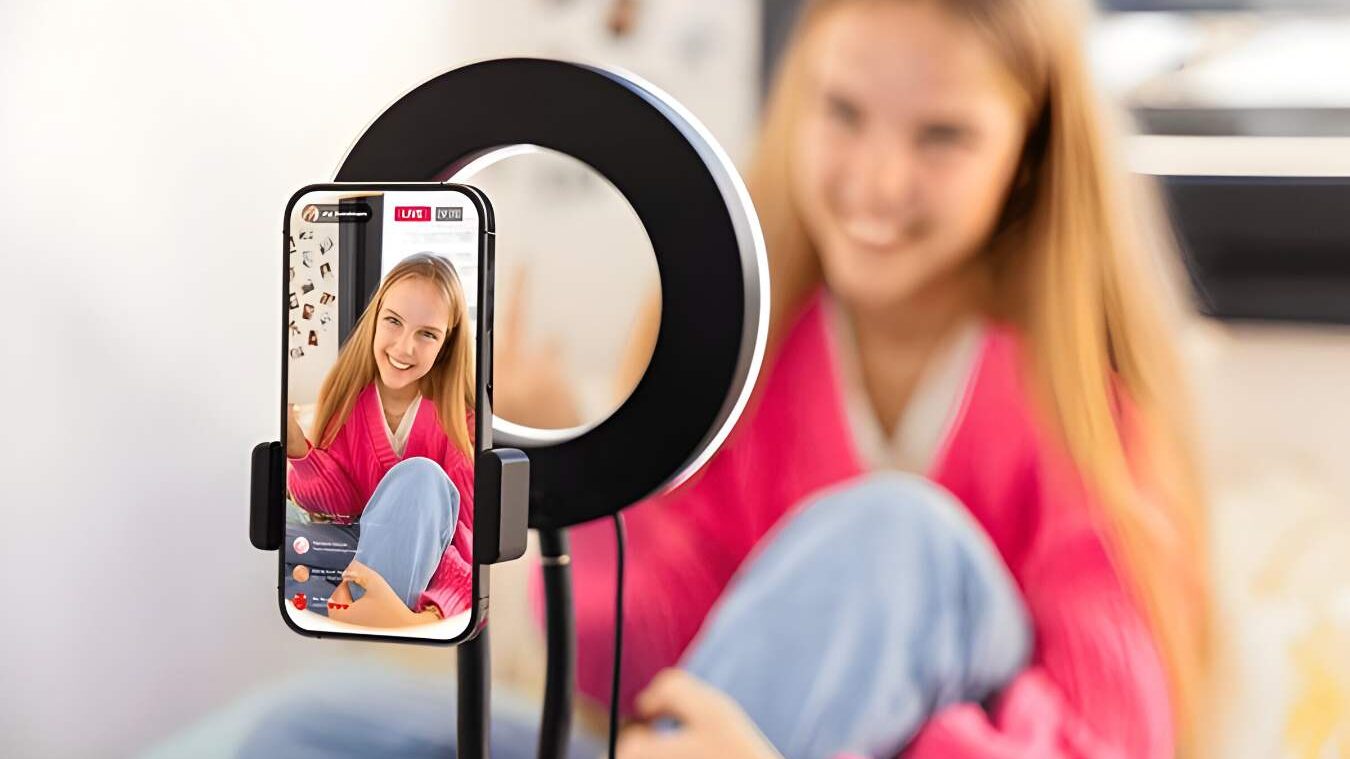In the dynamic landscape of digital marketing, one strategy has emerged as a game-changer – Influencer Marketing. Leveraging the authentic voices of individuals with a substantial online following, influencer marketing benefits include a plethora of reasons that can significantly elevate your brand.
1. Reach niche audiences with Influencer marketing
One of the strengths of influencer marketing is the ability to target specific demographics. Influencers often have a niche audience that aligns with your brand’s target market, ensuring that your message reaches the right people. By tapping into the influencer’s follower base, your brand gains exposure to potential customers who are already receptive to the influencer’s content. This targeted approach ensures a higher likelihood of conversion.

2. Authenticity – Influencers act as Trusted Advocates
In the digital era, trust is a currency that holds immense value. Influencers build a loyal following by sharing genuine experiences and recommendations. Their endorsement carries weight with their audience, fostering a sense of trust that is invaluable in the journey from consideration to conversion. When they endorse a product, their followers trust the recommendation, creating a powerful connection between the brand and the consumer.
This Trust factor especially matters when you have to promote something sensitive like abortion pills or contraceptives for example.
3. Drives Authentic Engagement
Unlike traditional advertising, influencer marketing fosters genuine engagement. Influencers have mastered the art of creating engaging content. When they feature your product or service, it not only reaches a larger audience but also generates increased interaction on social media platforms. Influencers interact with their audience through comments, likes, and shares, creating a two-way communication channel. This authentic engagement goes beyond mere impressions, forging a connection that can translate into long-term brand loyalty.
4. Targeted audience reach even when cookies are disabled and finally deprecated
Influencer marketing benefits include reaching targeted audiences effectively even without cookies by relying on trust, authenticity, and the close relationship influencers have with their followers. It emphasizes content relevance, demographic alignment, and native advertising to engage specific demographics. Metrics such as likes and comments measure success, and influencer platforms use alternative targeting methods. Contextual targeting is prioritized over traditional tracking, making influencer marketing a viable strategy amid growing online privacy concerns.

5. Influencer marketing can help you boost your brand accounts.
In a crowded digital landscape, standing out is a challenge. Influencers have already cultivated a dedicated audience, and partnering with them exposes your brand to a larger pool of potential customers. This increased visibility can lead to higher brand recognition and recall.
6. Influencer marketing strategy helps you avoid ad blockers
Influencer posts even when via paid promotions are not seen as traditional digital ads by ad blockers and browsers. Influencer marketing helps bypass ad blockers by integrating brand messages seamlessly into content, making it less likely to trigger blockers.
While not foolproof, influencer marketing provides a strategy that aligns with user preferences and behaviors, mitigating the impact of ad blockers.
7. Influencer Marketing is a value-add for your audience
Influencer marketing adds lot of value for your audience through authentic recommendations, entertaining and educational content, community building, exclusive offers, inspiration, product discovery, and two-way communication. By leveraging these elements, influencers enhance the overall user experience, turning promotional messages into meaningful interactions that resonate with their followers.
8. Creators can provide of dose of fresh content for your brand and audience
In the realm of digital storytelling, influencers act as the modern-day bards. Their ability to craft compelling narratives around your brand creates an authentic connection with the audience. By aligning your brand with a relatable story, you’re not just selling a product; you’re selling an experience.
9. Provide “halo effect” that rubs off on others
In influencer marketing, the “halo effect” refers to the positive impact that an influencer’s endorsement can have on your brand or other product. This effect occurs when the positive attributes associated with the influencer extend to the promoted product, creating a favorable perception among the audience.
10. Increase web traffic and boost your SEO rankings
Influencer marketing can positively impact your website’s search engine optimization. Increased online visibility and social media engagement contribute to a higher likelihood of your content being shared, ultimately improving your search rankings. Collaborating with influencers often involves them linking back to your website, contributing to your SEO efforts. This not only boosts your search engine rankings but also establishes your brand as an authoritative voice in your industry.
11. Allow you to do market research which is otherwise difficult
Conducting market research through influencers involves strategic collaboration to gather insights from their audience. This includes leveraging social listening, surveys, and polls, analyzing influencer content and engagement metrics, utilizing affiliate marketing, interviewing influencers, and monitoring industry trends and competitor collaborations. By tapping into the influencers’ reach and engagement, businesses can gain valuable data on consumer preferences and market trends to inform their marketing strategies and product development.
12. Reach younger audience

Influencers operate on popular social media platforms such as Instagram, TikTok, Snapchat, and YouTube, which are heavily used by younger demographics. Leveraging these platforms allows brands to access their target audience directly. Moreover influencers often produce content in engaging formats like short videos, stories, and interactive posts. This aligns well with younger audiences who gravitate towards visually appealing and easily consumable content.
13. Start small, run A/B test or refine content strategy
Running A/B tests in influencer marketing involves comparing the performance of two or more different strategies against different variables to determine which approach yields better results. These different sets could include different influencers, content formats, posting times, captions, or promotional offers. By systematically conducting A/B tests in influencer marketing, you can make data-driven decisions, optimize your campaigns for better results, and refine your overall influencer marketing strategy over time.
14. Get best ROI across all marketing channels
ompared to some traditional advertising methods, influencer marketing can offer a cost-effective alternative. The return on investment (ROI) is often substantial, especially when considering the impact on brand perception and the potential for increased sales. Working with influencers can provide excellent value for your marketing budget. ROI can be substantially greater when working with Nano Influencers although that means you need to work with a larger number of Influencers.
Influencer marketing has evolved into a powerhouse strategy for brands looking to connect with their audience authentically. By leveraging the benefits outlined in this article, you can position your brand for success in the competitive digital landscape.
FAQs About Influencer Marketing
Q1: How do I find the right influencers for my brand?
A1: Start by defining your target audience and values, then look for influencers whose content aligns with these criteria.
Q2: Is influencer marketing suitable for small businesses?
A2: Yes, influencer marketing can be adapted to suit the budget and goals of small businesses.
Q3: What metrics should I track to measure the success of an influencer marketing campaign?
A3: Key metrics include engagement rates, reach, and conversion rates.
Q4: How often should I collaborate with influencers?
A4: The frequency of collaborations depends on your marketing goals and the nature of your products or services.
Q5: Can influencer marketing work for B2B businesses?
A5: Absolutely. Influencer marketing can be effective for B2B businesses with the right strategy and influencers.


Leave a Reply